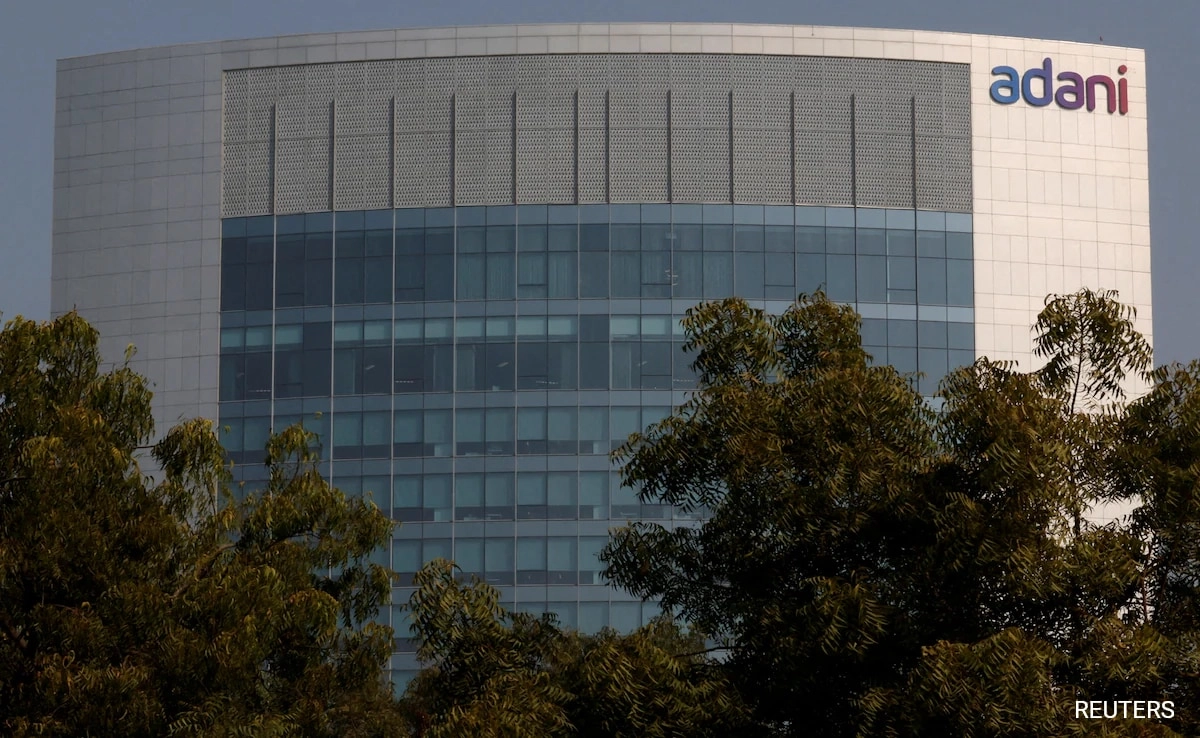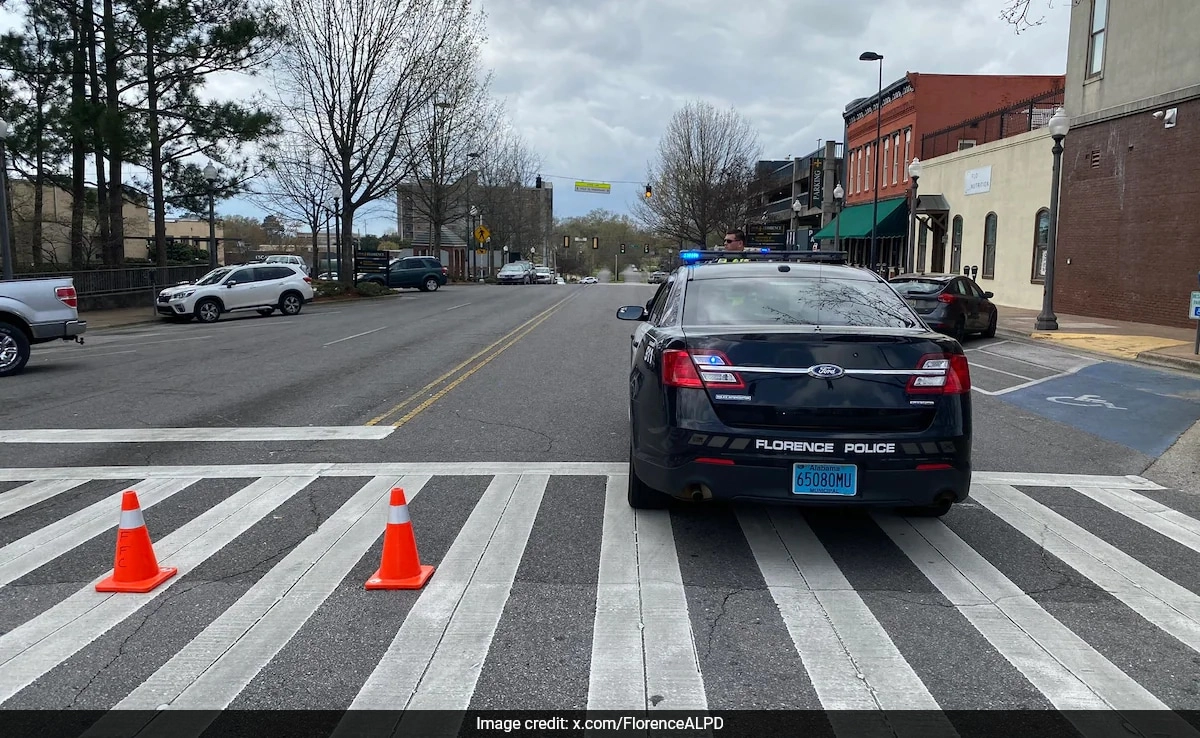Mahesh Jethmalani, the former lawyer for Pragya Thakur, recently made headlines following the verdict in the Malegaon blast case, which has been a highly significant and contentious issue in Indian politics and law. The Malegaon blast, which occurred in September 2006, resulted in the tragic loss of several lives and left many injured, marking it as one of the most devastating terror attacks in the region. Pragya Thakur, a key figure in this case, was accused of being involved in the planning and execution of the attack. However, the recent verdict by the special National Investigation Agency (NIA) court has seen her acquitted of all charges, stirring mixed reactions across the political and social spectrum.
In his commentary on the verdict, Jethmalani highlighted the complexities surrounding the case and the implications of the court’s decision. He expressed that the acquittal reflects a broader narrative about the judicial process in India, particularly in cases that involve communal tensions and political ramifications. Jethmalani’s remarks underscore the belief that the judicial system must be vigilant in separating the legitimate concerns of national security from the politically charged atmosphere that often surrounds such cases. He articulated that while the legal outcomes are essential, they also reveal the intricate interplay between law and politics in contemporary India, suggesting that the judiciary must navigate these waters carefully to uphold justice.
Furthermore, Jethmalani emphasized the importance of ensuring that the rights of the accused are protected while also acknowledging the suffering of the victims and their families. His insights indicate a call for a balanced approach where justice can be served without compromising the principles of fairness and due process. He urged for a deeper examination of the evidence, the motivations behind the charges, and the broader implications of such verdicts on societal harmony. The Malegaon verdict, as articulated by Jethmalani, is not just a legal ruling; it serves as a critical juncture for discussions about terrorism, communalism, and the role of the state in adjudicating such sensitive matters.
In conclusion, Mahesh Jethmalani’s reflections on the Malegaon verdict contribute to an ongoing dialogue about law, justice, and the socio-political landscape in India. His advocacy for a nuanced understanding of legal proceedings highlights the need for greater awareness and sensitivity towards the complexities of such cases. As the nation grapples with issues of terrorism and communal violence, the legal outcomes will undoubtedly continue to shape public discourse and influence future judicial processes. The Malegaon case remains a poignant reminder of the challenges that lie ahead in the pursuit of justice and the quest for a more equitable society.




